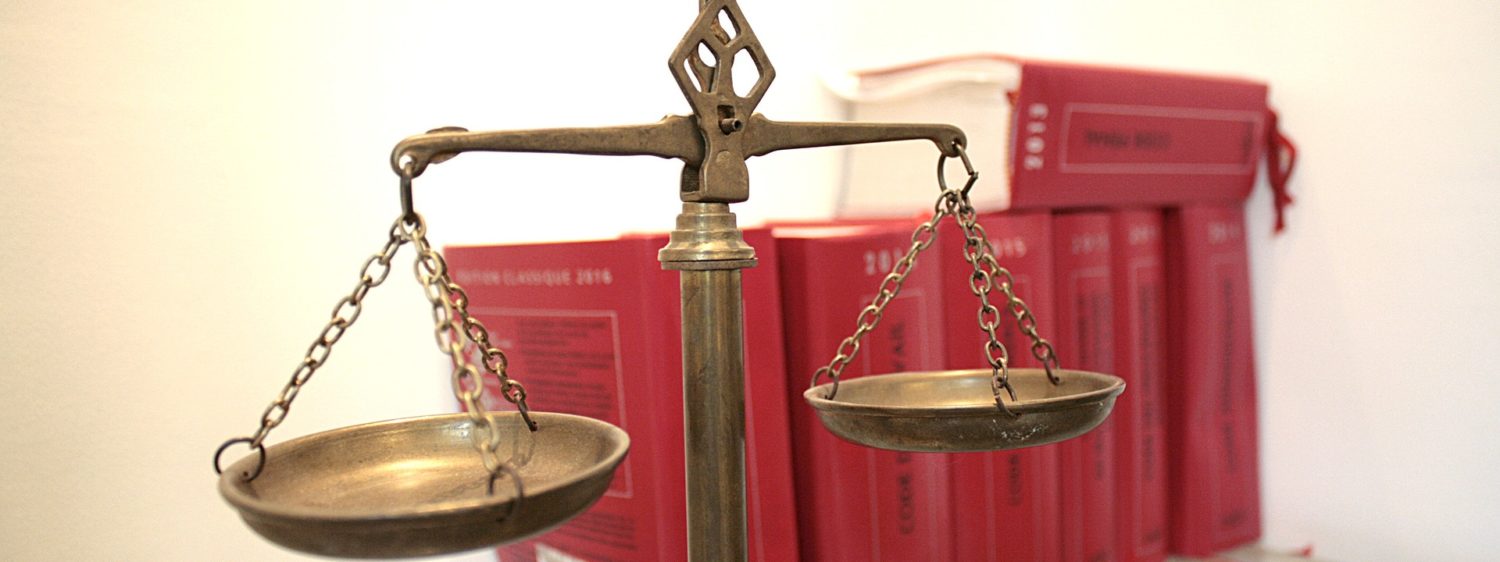
Posting bail is a stressful process. Whether you’re an accused defendant or someone trying to get a friend or loved one out of jail, it’s important to understand how bail works and the consequences of skipping bail. A bail is a form of security the court uses to ensure that defendants will return for their next court date. It’s also a way to allow defendants to go back to their normal lives while their case is pending.
What is Bail?
Bail is a sum of money that you or someone else posts with the court to ensure you will appear in court when necessary. If you do not appear or violate your bail conditions, the money is forfeited to the court and will not be returned. During arraignment, the judge will determine whether or not you should be required to post bail. They will consider your character, family ties, criminal history, and the seriousness of the crime you are charged with. There are several types of bail, including release on own recognizance (ROR), citation out, and immigration bond. In some cases, a judge may agree to release you without setting any bail amount at all or with a low amount.
How Does Bail Bond Work?
A court will decide how much bail you must pay for a jail release Wharton. The judge can set a bail amount based on your crime’s severity, criminal history, and income level. The judge also looks at whether you are a flight risk or have ties to your community that would make it likely that you will not return for court dates. These factors will impact the judge’s decision regarding how much you must pay to get out of jail before your trial. If you can’t afford to post bail, you can ask a friend or relative to co-sign with a bail bond agency. The bond company will then post the bail on your behalf and require you to meet certain conditions. These may include making regular court appearances and complying with other rules or regulations the bond company sets.
Why Do I Need a Bail Bond?
If you have a loved one in jail, they may ask if you can help them post bail. They may be worried about their financial situation, and the idea of spending time in prison without their loved ones is not something that they want to deal with. Bail is the amount a person must pay to be released before trial. Once they post the bail, they go free until their court date.
They must comply with their release’s terms, or they forfeit their bond and are sent back to jail. You can hire a professional to post bail on your behalf to avoid this. These professionals will do so for a fee, usually somewhere between 10-20% of the total amount. This fee is non-refundable and can be paid upfront or on a payment plan, depending on the terms of the agreement.
